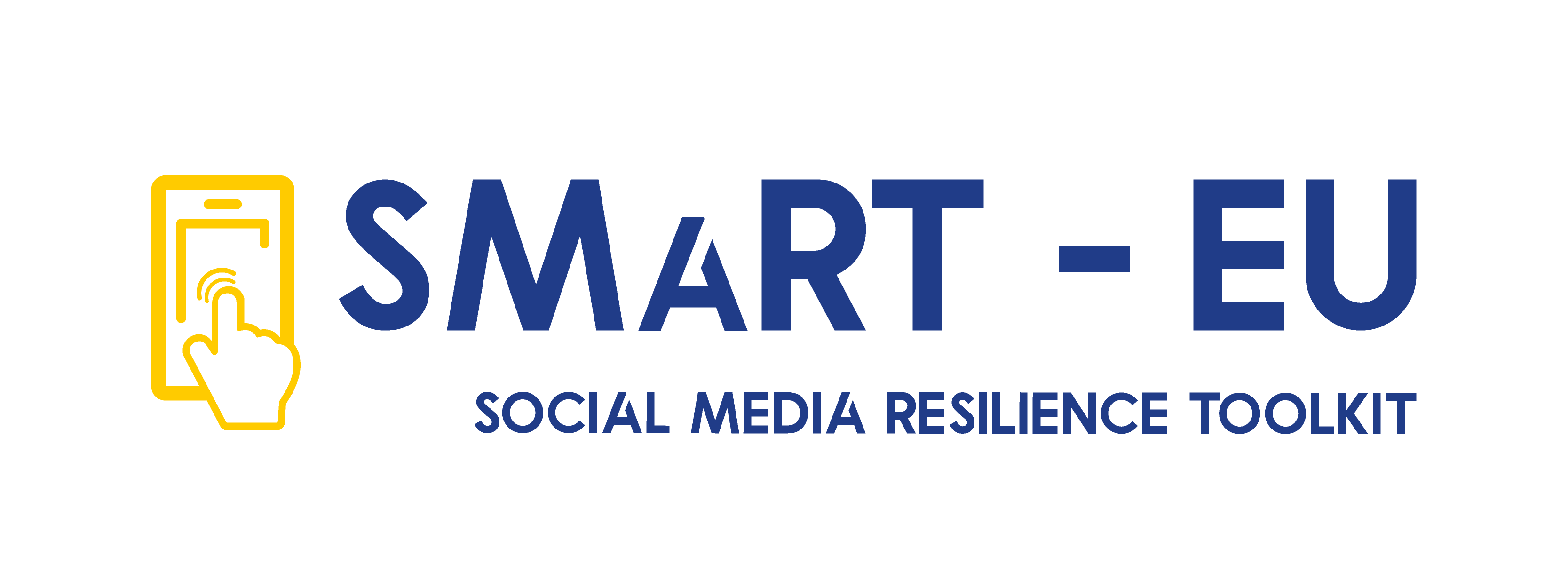Educators
Educators have long been associated with the idea of the one that teaches, and this idea has a top down conception. However, today’s conception of what is an educator has multiple contexts and is mostly, or should and need to be, a collaborative work. Lifelong learning plays a fundamental role and contributes to this need to learn throughout life and taking in consideration Agenda 2030 Goals. Read more.
Media Literacy Key concepts
Media literacy is the ability to identify different types of media and understand the messages they’re sending. According to the European Union, it involves the capacity of accessing, critically understanding and engaging with the different media available. Read more.
Explores the concept of digital citizenship, providing an overview of the current dialogue surrounding the term, with a focus on several key questions. The key questions are all related to digital citizenship and youth.
![]()
Online Civic Engagement
UNICEF defines civic engagement as “individual or collective actions in which people participate to improve the well-being of communities or society in general”. It is a fundamental process to democracy, through which people take action, in a collective manner, to address issues of public concern. Read more.
Resilience to disinformation and fake news
Today, citizens are highly exposed to large scale disinformation, including false and misleading information, assuming different expressions and conceptualization. As the European Commission states, it is one of Europe’s major challenges. Read more.
Research findings to support the case for media literacy as an aid to journalists and journalism educators through the fostering of resilient media engagement by young citizens.
![]()
